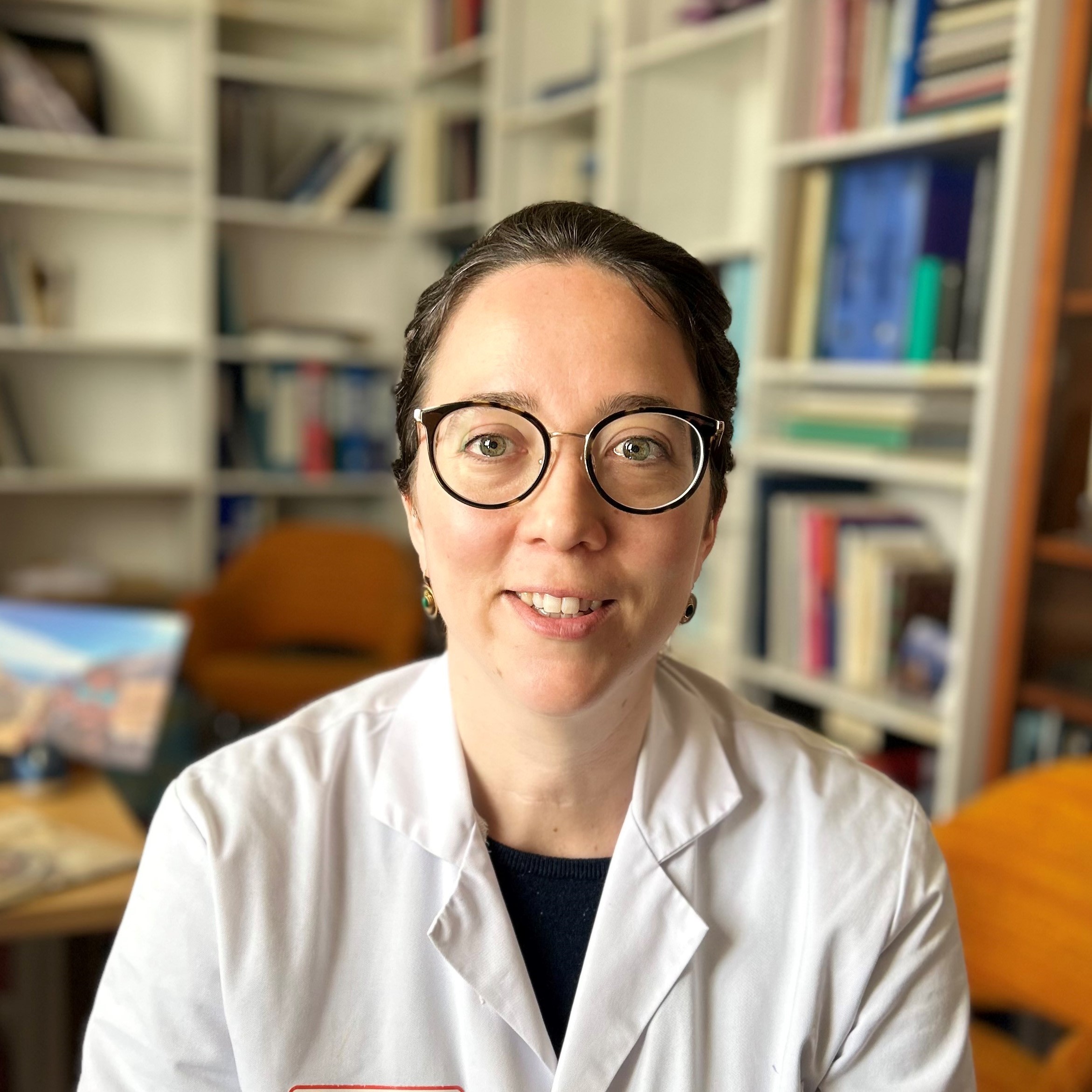What is otorhinolaryngology?
Otorhinolaryngology treats diseases of the head and throat, or more specifically the ear (“oto”), nose (“rhino”) and the throat (“larynx”). This specialty, commonly referred to as ENT, thus covers the ear – external (pavilion, ear canal), middle (eardrum) and internal – the nose and sinuses, the throat (mouth, tongue, larynx, pharynx, trachea), salivary glands and the thyroid.

When to see an ENT specialist
A GP will usually refer you to an ENT specialist if you complain of parasitic noise (tinnitus of non-vascular origin), loss of hearing or continuous ear pain; if you suffer from repeated angina, colds or rhinopharyngitis; if you have difficulty swallowing (dysphagia); if your voice has abnormally changed (dysphonia) or if you are experiencing vertigo or sleep disorders, etc. Each organ of the head and throat can be affected in different ways – malformation, inflammation, tumour, paralysis, degeneration, etc., and the reasons for consulting an ENT specialist are multiple, concerning people of all ages.
What does an ENT specialist treat?
Infections and inflammations affecting the head and throat remain the most frequent reasons for consulting an ENT specialist: ear infections, mastoiditis, rhinitis, sinusitis, rhinopharyngitis, angina, tonsillitis, etc. ENT specialists are also often specialised in other fields such as oto-neuro-surgery, oncology, plastic surgery, phoniatrics or audiometry, thus being able to treat the whole head and throat. For example, in their role of cervico-facial surgeon, the ENT specialist can remove tonsils (tonsillectomy) and adenoids (adenoidectomy). They can operate on mastoid, sinuses and congenital malformations (oesophageal atresia), remove tumours (thyroid nodules, tongue and mouth tumours). They can also treat trauma and injuries, place prostheses, implants and conduct microsurgery to improve hearing. ENT specialists also work in the field of cosmetic surgery – rhinoplasty, eyelid and chin surgery, etc. They can treat vertigo and balance disorders when such are related to the ear (inner ear disorders, vestibular neuritis, Ménière's disease). The ENT specialist may also often work closely with an endocrinologist (thyroid disorders), an oncologist (malignant tumours) or a pulmonologist (snoring, sleep apnoea).
Que veut dire orl ?
ORL est l’acronyme pour « oto-rhino-laryngologie ». C’est la spécialité médicale qui concerne les maladies de l’oreille, du nez et de la gorge. Les ORL traitent aussi bien les maladies bénignes que les maladies graves.
Quels sont les examens pratiqués par un spécialiste de la sphère ORL ?
Les examens ORL les plus courants sont l’otoscopie, la rhinoscopie, la laryngoscopie, la fibroscopie ou l'audiogramme. Ils sont indispensables pour diagnostiquer et traiter les maladies de l’oreille, du nez et de la gorge. Ils permettent également de détecter et prévenir les cancers de ces zones.
Consultation ORL, avec ou sans ordonnance ?
En France, un rendez-vous chez l'ORL est possible avec ou sans ordonnance. Toutefois, certaines mutuelles n'acceptent pas les patients sans ordonnance, pensez donc à vérifier auprès de votre mutuelle avant de prendre rendez-vous.
Qu'appelle-t-on urgence ORL?
Les urgences dans la sphère ORL prennent en charge les patients présentant une pathologie aiguë au niveau de l’oreille, au niveau du nez et de la gorge. Les principales raisons de consulter en urgence ORL sont les otites aiguës, les sinusites aiguës, les amygdalites aiguës et les laryngites aiguës.
Qu'est-ce qu'un ORL pédiatrique ?
L’ORL pédiatrique est une branche de l’ORL qui s'intéresse aux maladies de l'oreille, du nez et du larynx (c'est-à-dire de la gorge) chez les enfants.
Pourquoi faire un bilan ORL?
Un bilan ORL (oto-rhino-laryngologie) est une consultation médicale qui permet de diagnostiquer et de traiter les maladies de l'oreille, du nez et de la gorge. Il permet également de détecter des pathologies qui peuvent affecter le système auditif, les voies respiratoires et les cordes vocales. Un bilan ORL est généralement effectué en cas de douleurs, de bouchons d'oreille, de sifflement dans l'oreille, de problèmes de sinus, de maux de gorge, de perte d'ouïe, de déformation du nez ou de problèmes de voix.






















